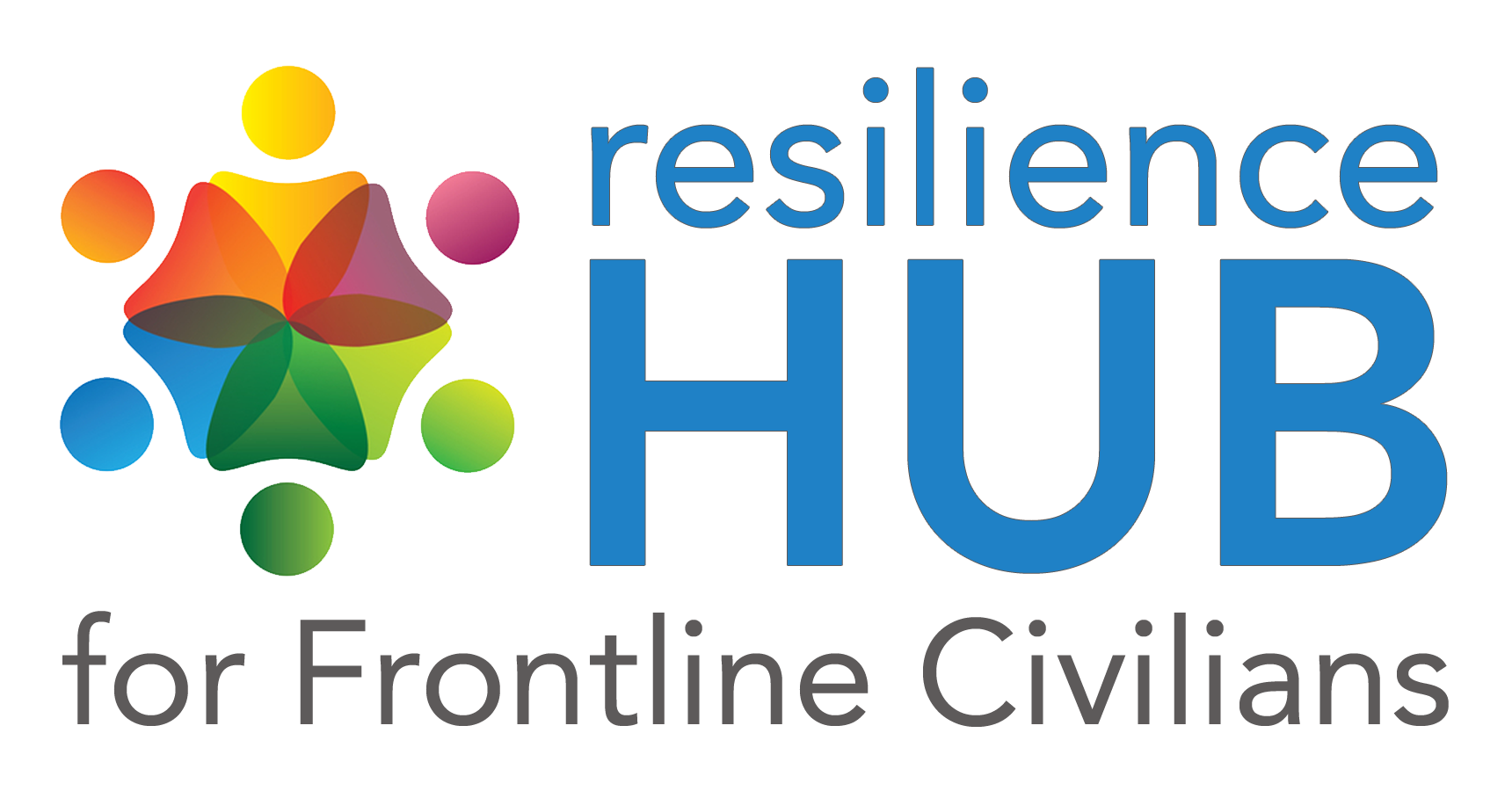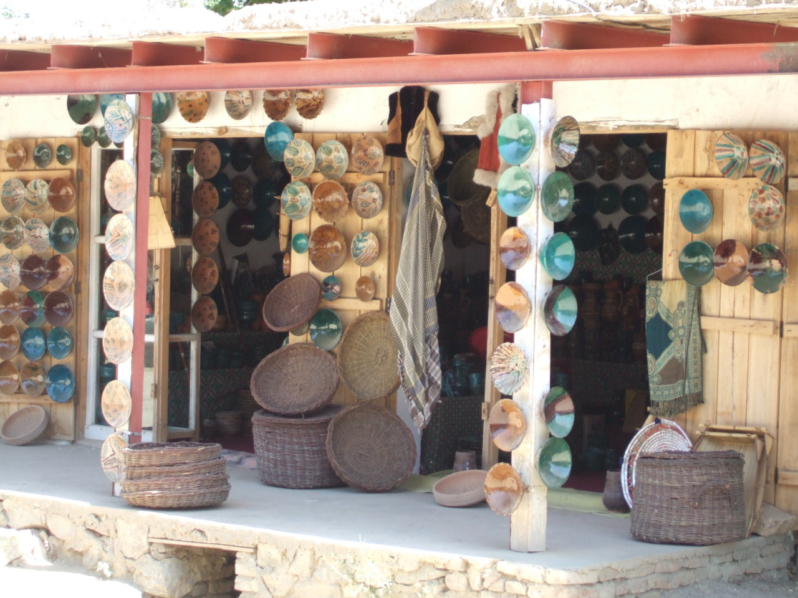I’m not sure I went to the frontline as much as the frontline came to me. I arrived in Afghanistan for the first time in 2005 when things were still pretty safe. You could take a taxi or even a bus and draw only the occasional stare.
Of course, it didn’t stay that way for long. By the time I was into the ethnographic fieldwork that I was conducting for my dissertation in a small town bazaar, the conflict in the south had crept north. The area I was in was Tajik and pro-government, so it was possible to do work there longer, but even so, I saw a steadily increasing number of soldiers on the streets as time went on.
More security meant that the number of attacks also increased—as did interest in my research. Government officials realized that both the military and development groups simply did not have a firm enough grasp on local Afghan realities. These groups, however, were often not well equipped to deal with either the logistics of frontline civilians or ideas that we presented.
Few development projects that are building irrigations channels, for example, take the time to ask basic questions. Who will benefit from these channels? Does the community even want them in the first place? (In my town, unsurprisingly, it was a group of commanders that were benefiting from most projects.) And while logistical concerns may seem minor, I spend probably 12 hours at various times waiting in the traffic circle outside the UN compound and the US embassy because my name “was not on the list,” despite having been asked to go there in the first place.
These groups could take better advantage of outside knowledge, but it will take effort—and a willingness to listen, because bureaucracies are rarely happy to be told “it’s complicated.” The problem, of course, is that it’s complicated. Frontline civilians are doing important work and have important knowledge; they need to be better integrated into decision-making processes. That’s the first step to achieving better outcomes.





